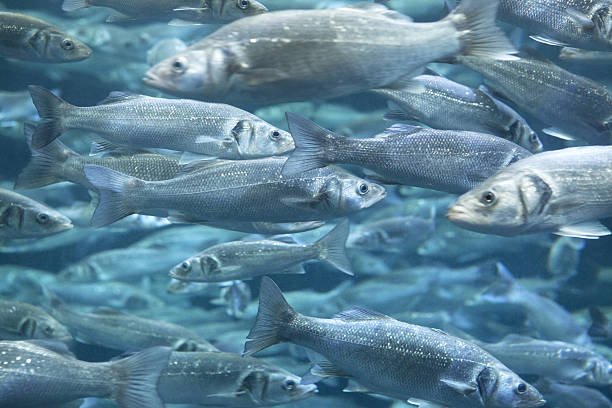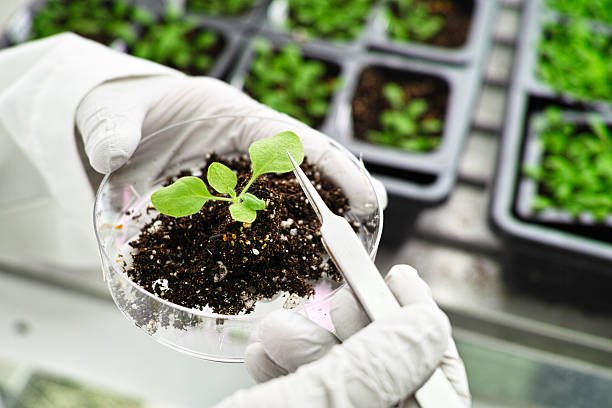Research Topics Related to Horticulture
Horticulture is a dynamic branch of agricultural science that focuses on the cultivation of fruits, vegetables, flowers, herbs, and ornamental plants. It plays a vital role in ensuring food security, improving nutrition, beautifying environments, and driving sustainable agricultural development.
In recent years, horticultural research has expanded to include areas like biotechnology, sustainable farming, post-harvest technology, and climate-smart practices. This article explores well-detailed research topics related to horticulture, categorized to help students, researchers, and professionals choose relevant and impactful study areas.
Importance of Research in Horticulture
Research in horticulture is essential for improving crop productivity, extending shelf life, and promoting sustainable agricultural systems. It supports innovation in crop breeding, pest management, irrigation, and post-harvest handling while contributing to environmental conservation.
Here are some key reasons why horticultural research is vital:
- Enhances crop yield and quality through improved cultivation practices.
- Promotes sustainable and eco-friendly farming techniques.
- Aids in developing disease-resistant and climate-resilient plants.
- Improves post-harvest storage and value addition.
- Contributes to global food and nutritional security.
Major Categories of Research Topics in Horticulture
To guide your academic or professional project, the following research topics are grouped according to major subfields within horticulture.
1. Fruit Science (Pomology)
Fruit science focuses on the cultivation, breeding, and management of fruit crops.
- Breeding and genetic improvement of tropical and subtropical fruit crops.
- Effects of irrigation and fertilization on fruit yield and quality.
- Integrated pest and disease management in fruit orchards.
- Post-harvest storage and handling of perishable fruits.
- Influence of climate change on fruit production and ripening.
- Organic cultivation methods in fruit farming.
- Evaluation of fruit maturity indices and harvesting techniques.
2. Vegetable Science (Olericulture)
This branch deals with the production and improvement of vegetables.
- Impact of soil nutrient management on vegetable productivity.
- Genetic modification for disease and pest resistance in vegetables.
- Organic farming systems and their effect on vegetable quality.
- Sustainable irrigation practices for vegetable production.
- Shelf-life extension techniques for leafy vegetables.
- Greenhouse technology and hydroponics for vegetable cultivation.
- Influence of climate and photoperiod on vegetable growth.
3. Floriculture and Ornamental Horticulture
Floriculture emphasizes the study and production of flowers and ornamental plants used for decoration and landscaping.
- Breeding and propagation of ornamental plants.
- Sustainable floriculture practices and eco-friendly flower production.
- Post-harvest management and vase life extension of cut flowers.
- Impact of environmental factors on flowering and pigmentation.
- Design and management of urban landscapes and public gardens.
- Role of ornamental horticulture in mental health and urban aesthetics.
- Marketing and commercialization of ornamental plants.
4. Post-Harvest Technology in Horticulture
Post-harvest research focuses on reducing losses, enhancing storage, and maintaining quality.
- Evaluation of cold storage and preservation methods for perishable crops.
- Effect of packaging materials on the shelf life of horticultural products.
- Role of controlled atmosphere and refrigeration in post-harvest preservation.
- Value addition and processing of fruits and vegetables.
- Development of biodegradable and eco-friendly packaging.
- Use of natural preservatives and coatings for product freshness.
- Optimization of transportation and distribution chains for fresh produce.
5. Horticultural Biotechnology
Biotechnology has transformed horticultural research through genetic improvement and disease control.
- Application of tissue culture in the propagation of rare plant species.
- Development of genetically modified horticultural crops.
- Use of molecular markers in plant breeding and trait selection.
- Role of CRISPR technology in enhancing crop quality and yield.
- Genetic mapping of disease-resistant traits in horticultural plants.
- In-vitro conservation techniques for endangered plant species.
- Biotechnological approaches to improve stress tolerance in plants.
6. Soil and Water Management in Horticulture
Efficient soil and water management ensures better productivity and sustainability.
- Drip and sprinkler irrigation for water-efficient horticulture.
- Effects of organic manure and compost on soil fertility.
- Use of biofertilizers in horticultural production.
- Soil salinity and its impact on crop yield.
- Water-use efficiency in protected cultivation systems.
- Role of mulching in moisture conservation and weed suppression.
- Precision agriculture in horticultural water management.
7. Sustainable and Climate-Smart Horticulture
With changing climate conditions, sustainable horticulture practices are critical for long-term productivity.
- Impact of global warming on fruit and vegetable production.
- Role of agroforestry in sustainable horticultural systems.
- Use of renewable energy in greenhouse and farm operations.
- Organic farming for soil health and carbon sequestration.
- Integrated pest and nutrient management for sustainability.
- Role of cover crops and crop rotation in sustainable production.
- Conservation of indigenous and underutilized horticultural crops.
8. Marketing and Agribusiness in Horticulture
This area explores the economics and commercialization of horticultural products.
- Value chain analysis in fruit and vegetable markets.
- Market potential for organic and exotic crops.
- Role of cooperatives in horticultural product distribution.
- Consumer behavior toward local vs. imported produce.
- E-commerce and digital marketing in horticultural trade.
- Government policies affecting horticultural development.
- Profitability analysis of small-scale horticultural enterprises.
Conclusion
Horticultural research provides the foundation for innovation in food security, sustainability, and economic growth. By exploring areas such as biotechnology, post-harvest management, and climate-smart practices, researchers can help shape a more sustainable and profitable agricultural future.
Whether you are a student looking for a thesis topic, a researcher seeking innovation, or an entrepreneur interested in agribusiness, these research topics related to horticulture will guide you toward making meaningful contributions to the agricultural sector.
FAQs on Research Topics Related to Horticulture
1. What are the major areas of research in horticulture?
The main areas include fruit science, vegetable science, floriculture, post-harvest technology, biotechnology, and sustainable horticulture.
2. What is a good research topic in horticulture for students?
Some great topics include post-harvest preservation of fruits, genetic improvement of vegetables, or climate-smart horticultural practices.
3. How does biotechnology benefit horticultural research?
Biotechnology enhances crop yield, disease resistance, and quality while enabling the conservation of rare and endangered plant species.
4. Why is post-harvest research important in horticulture?
Post-harvest research helps reduce losses, extend shelf life, and maintain the nutritional quality of horticultural products.
5. What are the latest trends in horticultural research?
Trends include sustainable farming, hydroponics, genetic modification, biodegradable packaging, and precision agriculture.
ALSO READ: Research Topics Related to Food Science and Technology







One Comment